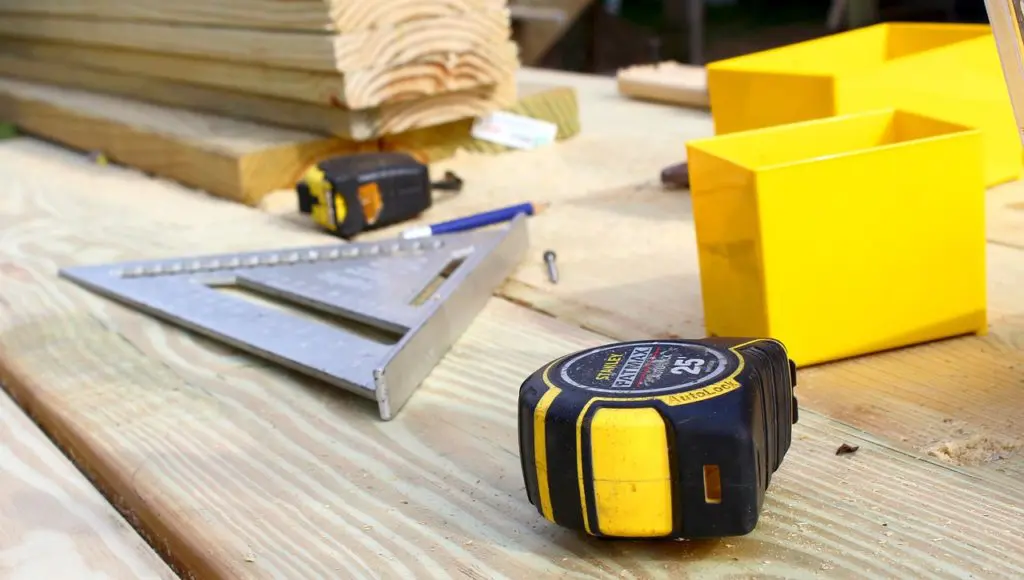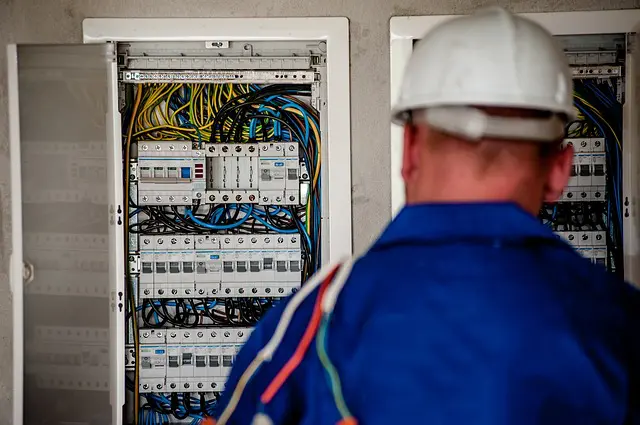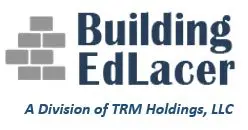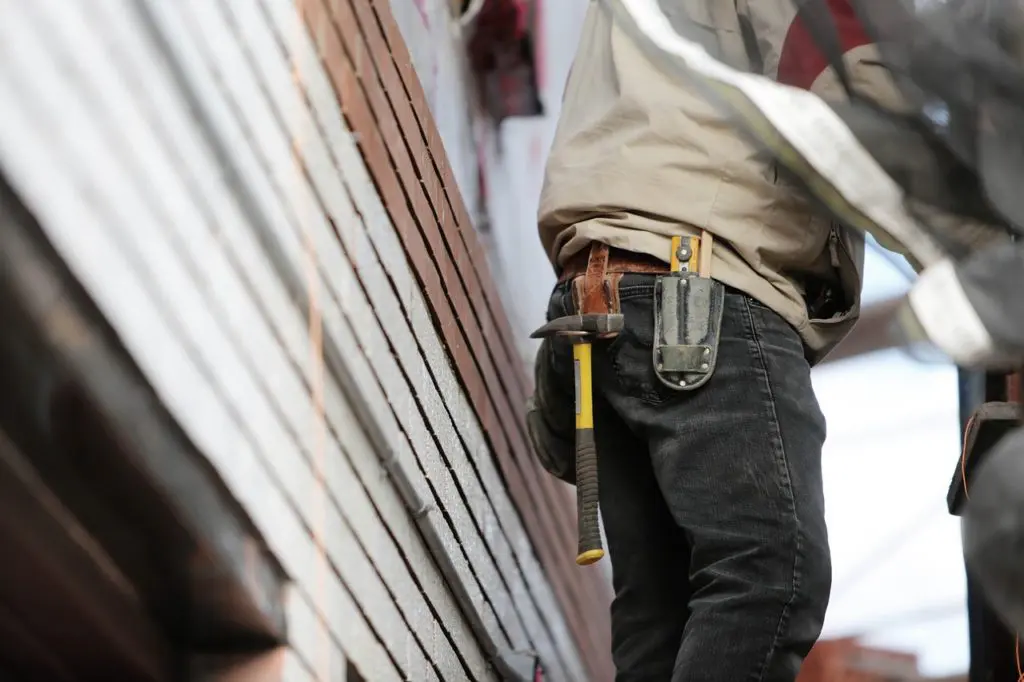Some consumers associate general contractors with high dollar signs and unreliability. While every field has its less-than-reputable companies, finding a quality contractor can work greatly to your advantage in more situations than you may realize.
Here are some things to know:
The general contractor is responsible for the entire project. This includes giving oversight to the tradesmen, taking responsibility if they damage your property or if they don’t do quality work. Because the contractor is taking responsibility for your project, they take their business more seriously than some independent professionals might. The contractor gets all the pieces of your project lined up, communicates with you throughout the process, and guarantees that the job gets finished. For you, this means no loose ends or wondering when things will happen.
Two common scenarios in home improvement
Scenario 1: Home Improvement
You decide on a home improvement project, but you aren’t sure you want a contractor. You select an electrician, a demolition crew, and some other folks to do the work. The first couple days, everything goes great. The workers seem competent and eager to be involved in your project. By the end of the week, though, a few workers don’t show up. Being aware of your deadline, you know you don’t have time to spare. You call them, but they don’t answer. Your home demolition is only half complete, and before you know it, it has come to a complete halt. What went wrong?

Contractors carry licensing and insurance, and they give oversight to all tradesman involved in your project, including plumbers, electricians, landscapers, etc. The job belongs to the contractor, so it’s their responsibility to take care of things that may go awry.
Without a contractor, there is potential for more complication due to the many moving parts of a large project. The more people involved, the more difficult it can be to convey your vision and get the end result you’re hoping for.
Scenario 2: Selling a Home
You are preparing to sell your home and want your asking price to be appropriate. The buyer’s inspector highlights all items they deem as current issues or which may become potential issues in the near future. After the report is finalized, by law, a licensed professional is required to make any listed repairs. You were not prepared for these additional expenses, and are caught off-guard by decisions you now need to make. How did everything add up so quickly?

If issues are found ahead of time, many times the contractor can make many of repairs themselves. Otherwise, once listed in the buyer’s inspection, legally they must be repaired by licensed professionals, whether they be electricians, plumbers, landscapers, etc. Having the assurance of a contractor’s informal inspection (and making potential repairs) can save you both time and money in the long run.
Licensing?
Speaking of licensed professionals and inspections let’s delve a little deeper into these two items.
At Building EdLacer, the city of San Antonio is our licensing agency. To obtain a contractor’s license through the city, we are required to provide insurance verification (general liability/worker’s comp) and undergo a background check from the Department of Public Safety.
How does our license differ from licenses the tradesmen carry? As a general contractor, our license covers anything done on a project. This means that we are responsible for work done by our employees or tradesmen, in addition to any damage that may occur during the process. In contrast, tradesmen such as electricians and plumbers are licensed through the state, and are insured only for their particular field.
What About Inspections?
There are two main types of inspections: city inspections and buyer’s inspections. For city inspections, items are checked to ensure they meet current codes. The overall purpose of a city inspection is to ensure current international building codes are met to ensure safety of the structure and occupants.

Conclusion
Home improvements are generally not small tasks. By doing a little research up front, you can save a lot of time and money with a reputable contractor. Look for those who are licensed, bonded, and insured. 


